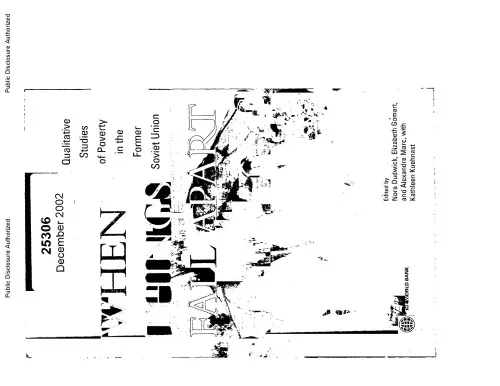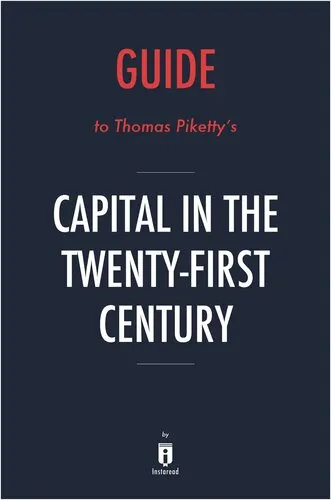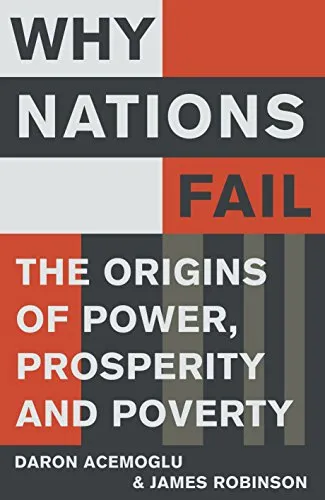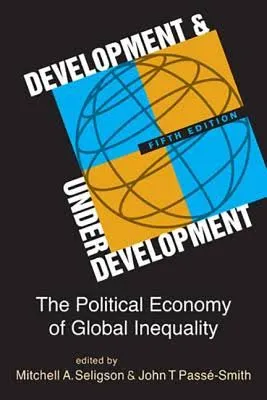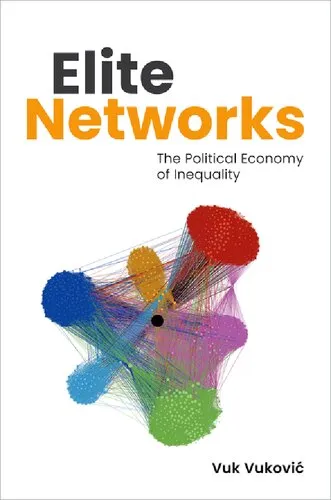Regimes of Inequality: The Political Economy of Health and Wealth
4.0
Reviews from our users

You Can Ask your questions from this book's AI after Login
Each download or ask from book AI costs 2 points. To earn more free points, please visit the Points Guide Page and complete some valuable actions.Related Refrences:
Welcome to an exploration of the intricate dynamics of inequality, health, and political economy in Julia Lynch's profound work, Regimes of Inequality: The Political Economy of Health and Wealth. Delving into the complex interplay of socio-economic forces, this book offers a detailed narrative that uncovers how political regimes across different countries tackle issues of inequality in the realms of health and wealth.
Detailed Summary of the Book
In Regimes of Inequality, Julia Lynch examines the ways in which political systems influence the distribution of resources and opportunities, shedding light on the mechanisms that create and perpetuate inequalities. The book systematically dissects the policies and ideologies that underpin health and economic disparities, emphasizing cross-national comparisons among Western democracies. Lynch employs a robust analytical framework to discuss the divergent approaches taken by various countries to address inequality, offering readers a comprehensive understanding of how political decisions shape public health and economic well-being.
Lynch's analysis extends beyond mere statistics, delving into the political narratives and policy choices that lead to disparate health outcomes and economic dispositions. This work challenges conventional wisdom by arguing that political actors' priorities, rather than simply resources or public demand, significantly influence the degree and patterns of inequality experienced within a society.
Key Takeaways
- Intersecting Forces: Understand how the alignment of political power, economic interests, and social ideologies plays a critical role in the creation and maintenance of inequalities.
- Policy Impacts: Gain insights into how government policies, both implicit and explicit, serve as key drivers of health and wealth inequalities.
- Comparative Analysis: Appreciate the comparative approach Lynch uses to highlight disparities and uncover lessons from varied international contexts.
- Disrupting Assumptions: Challenge preconceived notions that attribute inequality solely to economic factors, instead exploring the political dimensions that are often overlooked.
Famous Quotes from the Book
"Inequality is not merely a social ill but a political and economic construction."
"The disparities in health and wealth we observe result more from the priorities of political elites than from economic inevitabilities."
"True reform requires a recalibration of political priorities towards more equitable distribution mechanisms."
Why This Book Matters
Lynch's Regimes of Inequality is crucial for policymakers, scholars, and anyone interested in understanding the deeper roots of inequality. By providing a clear analysis of how political systems contribute to economic and health disparities, this book fosters a more informed debate on how to craft equitable societies. As inequality remains at the forefront of global challenges, Lynch's meticulous research is pivotal in guiding meaningful reforms and inspiring future research on the subject.
Furthermore, the book is essential for readers who seek to comprehend the impact of political decisions on social outcomes. It demands a reevaluation of policy approaches towards inequality, stressing the urgency for political will and commitment to change. Ultimately, Regimes of Inequality illuminates the path towards more just and balanced communities by uncovering the political underpinnings of economic and health inequities.
Free Direct Download
You Can Download this book after Login
Accessing books through legal platforms and public libraries not only supports the rights of authors and publishers but also contributes to the sustainability of reading culture. Before downloading, please take a moment to consider these options.
Find this book on other platforms:
WorldCat helps you find books in libraries worldwide.
See ratings, reviews, and discussions on Goodreads.
Find and buy rare or used books on AbeBooks.
1329
بازدید4.0
امتیاز0
نظر98%
رضایتReviews:
4.0
Based on 0 users review
Questions & Answers
Ask questions about this book or help others by answering
No questions yet. Be the first to ask!

